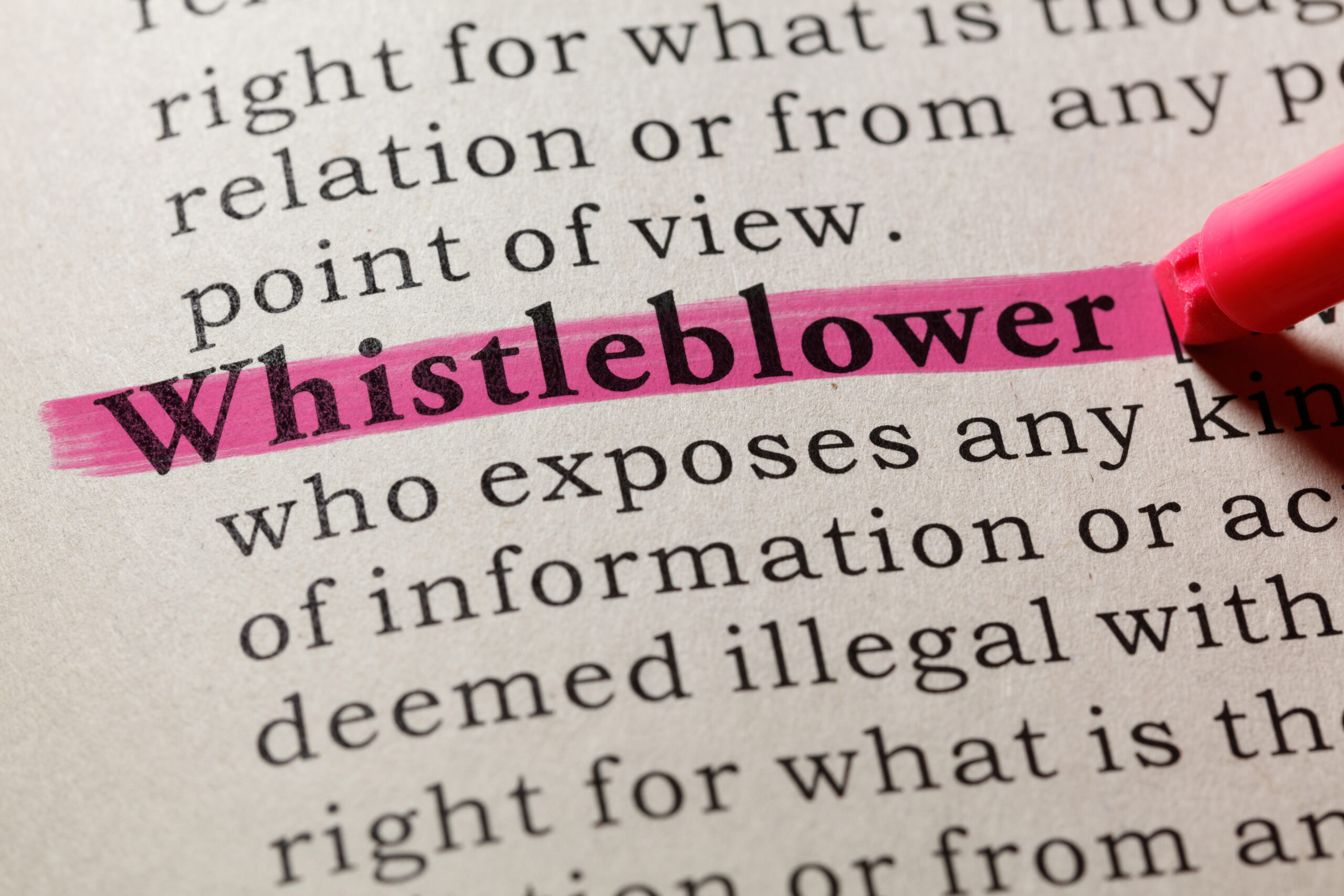By: Editorial Staff, Date: October 4th, 2024
The False Claims Act (FCA) is a powerful tool for individuals to expose fraud against the government. By empowering citizens to report fraudulent activities, the FCA promotes accountability and incentivizes those with insider knowledge to come forward, often leading to substantial financial recoveries for taxpayers.
Understanding the complexities of the False Claims Act is crucial for anyone considering whistleblowing. This guide outlines the key aspects of the Act, including whistleblower eligibility, protections, and potential rewards for successful cases.

Who Can Be a Whistleblower?
Anyone with knowledge of fraud against the government—whether an employee, contractor, competitor, or other party—can become a whistleblower and file a qui tam lawsuit under the False Claims Act. Known as a “realtor,” the whistleblower must provide specific evidence of the fraud, which an attorney will use to file the lawsuit on their behalf.
Individuals involved in the fraudulent activity can still file a claim unless they have been criminally convicted for their actions. However, their participation may impact their eligibility for rewards.
What Protections Do Whistleblowers Have?
The False Claims Act provides strong protections for whistleblowers who report fraud. They are shielded from employer retaliation, including termination, demotion, harassment, and discrimination related to the terms and conditions of their employment due to their whistleblowing activities. The company is also prohibited from taking legal action against the whistleblower to recover losses from the investigation or penalties imposed.
In the event of retaliation, whistleblowers are entitled to legal remedies, including reinstatement, double back pay, compensation for lost wages and damages, as well as coverage of legal fees. These protections also apply to individuals who assist in investigations or provide testimony. Furthermore, if threats of physical harm are involved, additional protections are provided.
What’s in It for You as a Whistleblower?
Under the FCA, whistleblowers, or qui tam relators, are entitled to 15% to 30% of the total recovery in successful cases. The exact percentage depends on whether the government intervenes in the case and the whistleblower’s contribution to the prosecution.
If the government intervenes in the case, the whistleblower may receive 15% to 25% of the government’s recovery. If the government chooses not to intervene, the whistleblower can be awarded 25% to 30%. However, if the relator was involved in the fraud or has been convicted, their reward may be reduced or eliminated.
Several factors affect the amount of reward a whistleblower can receive from a successful case, including:
- The extent and detail of the information provided about the fraud.
- The quality and level of assistance offered by the whistleblower and their legal team.
- The overall sum recovered by the government.
- The timeliness of fraud reporting, as prompt reporting enhances the claim’s relevance.
- The experience and track record of success of the whistleblower’s legal team.
Whistleblowers are vital in promoting accountability and transparency. Understanding the complexities of the False Claims Act is essential for potential whistleblowers, as it offers crucial protections and outlines possible rewards. By navigating the intricacies of the Act, whistleblowers can not only reap eradicate fraud but also secure their rights and reap the benefits of their courageous actions.
Discover the complexities of whistleblowing in our webcast: Stop Fraud, Get Rewarded: A Whistleblower’s Guide to the False Claims Act
Upcoming Webcasts
The Future of Executive Compensation: Trends, Challenges, and Opportunities
Disclosure of “Compensation Actually Paid”, the Elon Musk verdict and legislation outlawing non-competes are three developments that could substantially change executive compensation decision making and structure.


